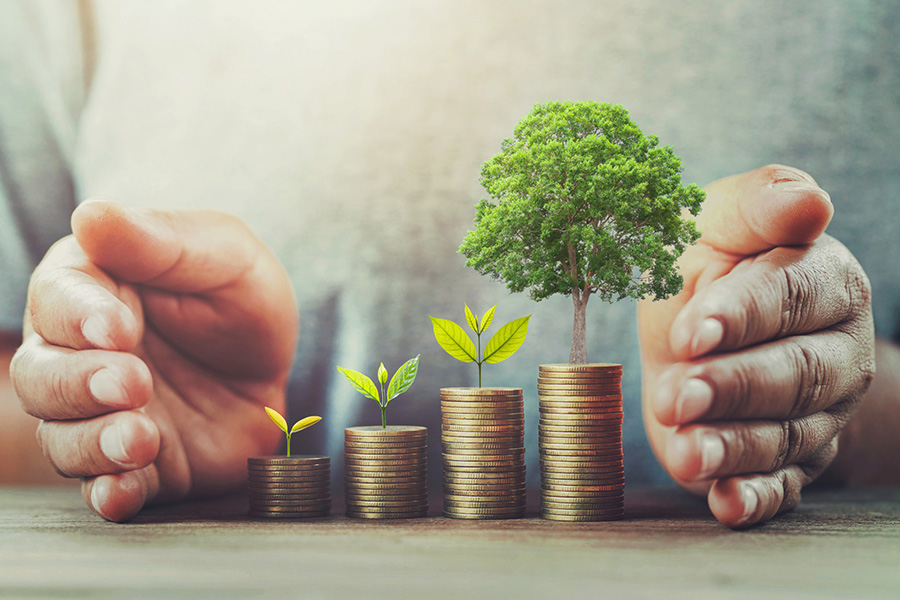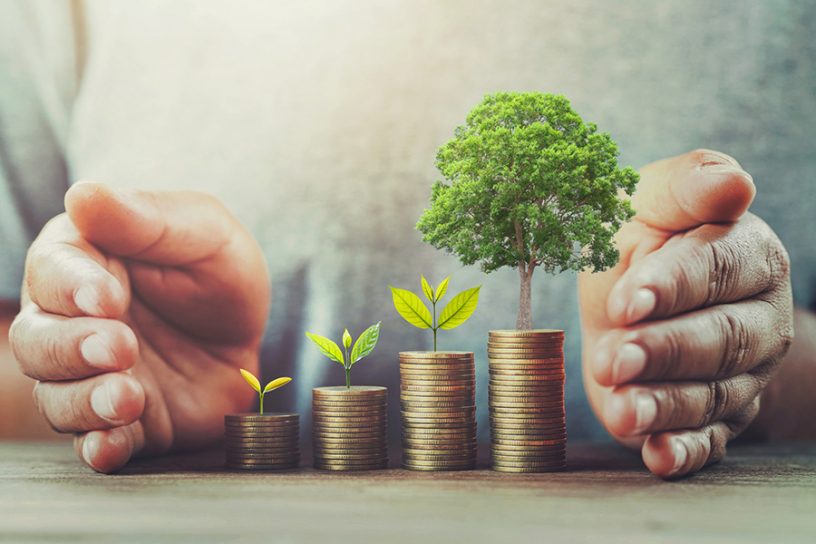
The research provides a framework that illustrates the supporting role of green finance for the Industry 5.0 transition eventually followed by Society 5.0.
Authors
Karambir Singh Dhayal, Department of Economics and Finance, Birla Institute of Technology and Science (BITS), Pilani, Rajasthan, India.
Arun Kumar Giri, Department of Economics and Finance, Birla Institute of Technology and Science (BITS), Pilani, Rajasthan, India.
Anil Kumar, Guildhall School of Business and Law, London Metropolitan University, London, UK.
Ashutosh Samadhiya, Assistant Professor, Jindal Global Business School, O.P. Jindal Global University Sonipat, Haryana, India.
Shruti Agrawal, Department of Humanities and Social Sciences, Malaviya National Institute of Technology, Jaipur, Rajasthan, India.
Rohit Agrawal, Operations Management and Quantitative Techniques, Indian Institute of Management (IIM), Bodhgaya, Bihar, India.
Summary
Most of the world’s rising carbon emission results from industrial activities. Previous industrial revolutions did not put much thought into safeguarding the natural world. Governments worldwide have been continuously implementing regulations and policies for the mitigation of climate change to promote sustainable development. To achieve decarbonization, the climate change discussion is merged with Industry 5.0 (I5.0) where green finance (GF) plays a crucial role. This technological metamorphosis of transition from Industry 4.0 (I4.0) to I5.0 will affect humans and their society. I5.0 forms a symbiotic relationship with different aspects of Society 5.0 (S5.0) such as social (human‒machine centricity), ecological (zero emissions), and technological (green innovations).
Thus, the I5.0 transition prioritizes greening the economy in pursuit of achieving S5.0. Through a systematic review of 196 articles, this research study concisely summarizes the rapidly expanding body of information. The research domain gave six major themes: Green Innovations (GI), Green Manufacturing Practices (GMP), Circular Economy (CE), Green Supply Chain Management (GSCM), Emerging Economies, and Net Zero Economy (NZE).
Finally, a framework has been provided that illustrates the supporting role of GF for the I5.0 transition eventually followed by S5.0. This study provides an overview of these themes with their propositions and future research directions. The present study addresses the knowledge gap by providing valuable contributions to the burgeoning research domain of I5.0 and GF. Moreover, it aims to garner the attention of different stakeholders to integrate these two concepts of research to attain the goal of sustainable development.
Published in: Environmental Science and Pollution Research
To read the full article, please click here.


